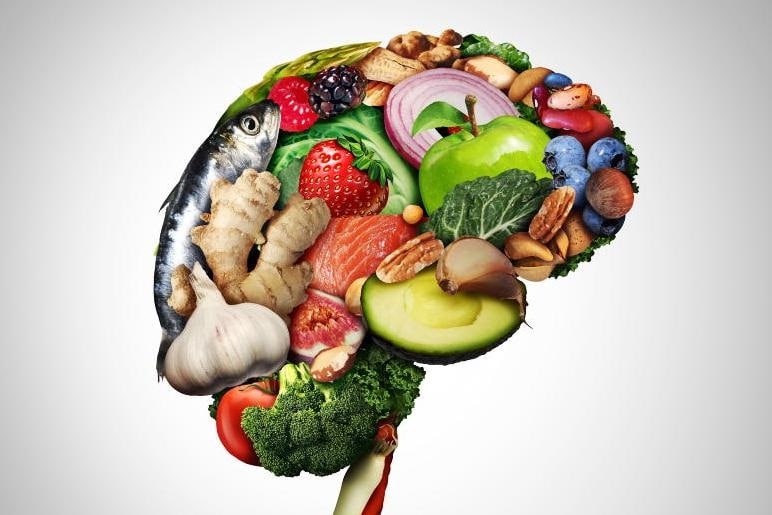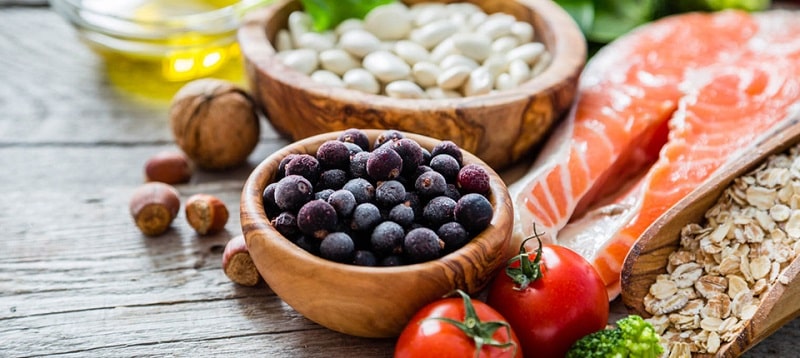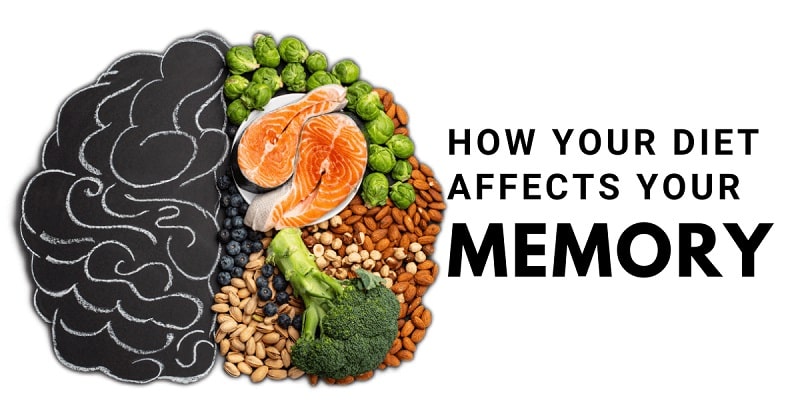Boosting intelligence and memory by consuming natural foods is better than any other strategy. Eating good food, in addition to physical health, is also good for your mental health. Like your heart, lungs, and muscles, your brain needs nutrients. But which foods are specifically important for keeping the gray matter of the brain happy and boosting intelligence and memory?
Arenafood, as a supplier of tomato paste, provides you with this article.

1- Choose whole grains
Like all other parts of the body, the brain cannot function without energy. The ability to focus on things comes from a sufficient and stable source of energy that reaches the human brain in the form of glucose in the blood.
For this purpose, choose low-sugar whole-grain foods that slowly release glucose into your bloodstream and keep you mentally alert throughout the day. Choose cornflakes and brown cereals, wheat bran, whole grain bread, and brown pasta.
Also, You Can Read: Recipes With Tomato
2- Eat oily fish
The human body is not able to produce important fatty acids and must get them through the diet. The most effective omega-3 fats are found naturally in oily fish in the form of EPA and DHA. Good sources include linseed oil, soybean oil, pumpkin seed oil, walnut oil, and soybeans.
These substances are beneficial for the healthy functioning of the brain, heart, joints, and overall health of the body. Oily fish contains ready-made EPA and DHA, which make them easy for the body to consume.
The main sources of oily fish include salmon, trout, herring, sardines, and smoked fish. Low levels of DHA in the body have been linked to a higher risk of Alzheimer’s disease and memory loss.

3- Overeat with blueberries
Scientific research from Tufts University in the United States shows that consuming blueberries can be effective in improving memory or delaying short-term memory loss. This fruit is widely available, so there is no excuse not to eat it.
4- Boost intelligence and memory with tomatoes
There is ample evidence that lycopene, a powerful antioxidant found in tomatoes and lycopene, can help protect cells from free radical damage that occurs during dementia, especially Alzheimer’s disease.
5- Be vibrant by taking vitamins
Certain types of vitamins B, B6, and B12, and folic acid, are known to lower homocysteine in the blood. When the level of homocysteine in the blood rises, the risk of stroke, cognitive impairment, and Alzheimer’s also increases.
A study of a group of elderly patients with cognitive impairment showed that after two years of continuous use of vitamins B6, B12, and folic acid, the rate of brain degeneration decreased significantly compared to treatment with pseudo-medication.
6- Strengthen yourself with black grapes
Vitamin C has long been said to increase the agility of the mind. One of the best sources of this vital vitamin is black grapes.
7- Eat pumpkin seeds
Just a handful of pumpkin seeds is enough to supply your daily zinc needs. Zinc is a vital ingredient in improving memory and thinking skills.
8- Count on broccoli
A rich source of vitamin K, which is known for its ability to enhance cognitive function and improve mental strength.
9- Pour tarragon on your food
Tarragon has a long history of improving memory, and although most research focuses on tarragon oil, adding fresh tarragon to the diet is also worth a try.
10- Long live the nuts!
Research shows that a good intake of vitamin E can help prevent cognitive impairment, especially in the elderly. Nuts along with green leafy vegetables, asparagus, olives, seeds, eggs, brown rice, and whole grains are good sources of vitamin E.
Intelligence and memory enhancement supplements
Although research into the relationship between diet and dementia is still in its infancy, several important links between food and brain health are worth exploring.
Having a healthy and nutritious diet is our brain’s best chance of preventing disease. If for any reason your diet is unbalanced, you may want to consider taking multivitamin and mineral supplements and an omega-3 fatty acid to provide some essential nutrients for your body.
If you are considering taking supplements, the best way is to consult a doctor or a qualified health and nutrition specialist.



